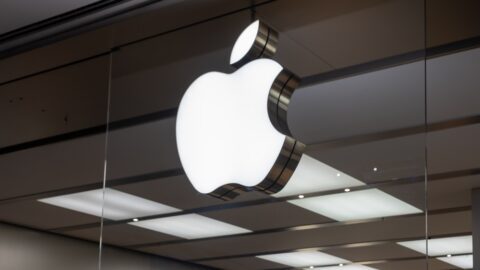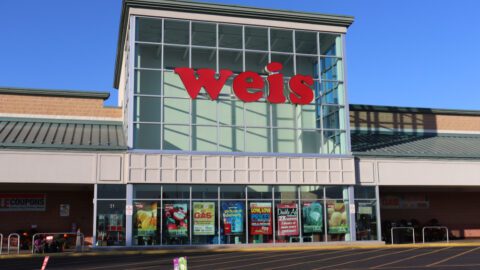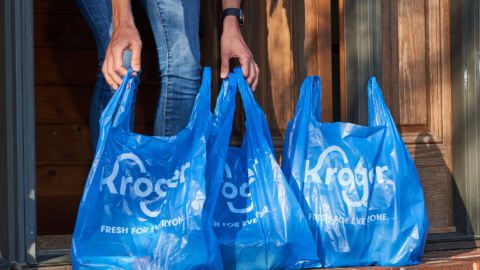While social media has become an important retail vehicle for marketing and consumer engagement, Facebook’s new API for Messenger brings a different twist to the concept of retail customer service. Rather than simply enabling one-on-one interactions, retailers can leverage these apps to produce live automated messages for consumers who are browsing e-Commerce sites on their mobile phones.
Newegg has already gotten in on the action, partnering with Facebook to add Messenger to its online customer service offerings. E-Commerce retailers Everlane and Zulily actually began testing with the app early in 2015, allowing shoppers to purchase products within interactions and receive periodic order status updates.
In addition to reaching shoppers via an increasingly popular vehicle, messenger apps can dramatically speed up customer service response times, and they can guide shoppers through extensive merchandise selections. The dangers of such apps are shoppers’ perceptions that they spell a lack of human interaction during key parts of the customer journey. Many shoppers already are easily frustrated with automated phone systems, and retailers may risk losing business if customers seeking a live representative to answer their inquiries decide to take their business elsewhere.
Individualizing Bots’ Interactive Capabilities
Messenger aims to change this perception around non-human interactions with “bots,” enabling businesses to develop their own bots equipped with individual tendencies. For example, as shoppers using the app browse an e-Commerce site on their mobile device, the brand can send a message with text, images and interactive bubbles containing multiple calls-to-action.
A retailer may send a message with three price ranges to a consumer browsing the site. Once the consumer selects one of the ranges, the retailer then may introduce five items related to her search process. Consumers could then have the option to either buy the item or search for additional similar products, all within the chat.
The Messenger platform gives developers a lot of leeway as to how it can be integrated within a third-party app, so the level of automation can in fact be built to the retailer’s preference.
In one instance, customer service platform provider Zendesk has already built out its own Message application, which is designed to combine automated interactions and live support conversations in Messenger. Two Zendesk retail clients, Spring and BarkBox, are using the solution to integrate human chat into the Messenger bot experience.
BarkBox, a subscription service for dog products, has thus far used the integrated solution to massively improve its average time-to-response, from one hour to four minutes. Such a dramatic time decrease may indicate to other retailers that not only is the Messenger app interacting with consumers at the right time, it’s hitting the right notes regardless of who (or what) is behind the communication.
Spring, a shopping platform including more than 800 brands, hasn’t released any numbers yet in relation to the app, but the addition of an interaction point could conceivably help consumers sift through a seemingly endless product line.
Retailers Can Learn From WeChat’s Success
The idea of a messaging app that supplements and influences the purchase may feel like a novel concept to many in the U.S., but there is precedent: China’s popular WeChat application. With more than 600 million monthly active users, WeChat enables people to not only message each other but to shop online, hail a taxi and order food.
While not automated in the way Messenger is expected to be, the WeChat app has done an excellent job integrating payment processors and third-party apps, taking advantage of a culture that is much more oriented towards mobile commerce (which represents 50% of e-Commerce sales in China, versus 22% in the U.S.).
While Facebook Messenger’s major role in retailing is yet to be defined, merchants will want to take note of how an app such as WeChat has been able to catch fire and gain popularity across various mediums. If Facebook continues to introduce more ways to direct the buying process into conversations, it would be worth a look for many retailers seeking new options within the confines of social customer service.












